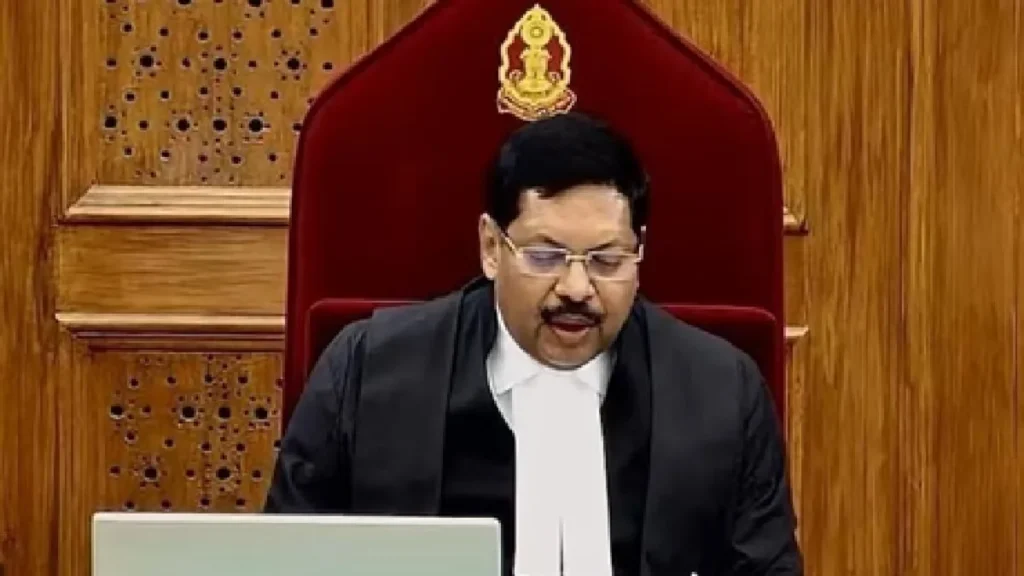New Delhi. Petitions challenging the Waqf Amendment Act were once again heard in the Supreme Court. Senior advocate Kapil Sibal and Solicitor General Tushar Mehta, in front of the bench of the apex court Chief Justice BR Gawai and Justice AG Christ, presented the arguments vigorously. Sibal once again reiterated that the government wants to seize Waqf properties through the Waqf Amendment Act. At the same time, Chief Justice Gavai made important comments, saying that there is a notion of constitutionality in the laws passed by Parliament. No law is constitutional, the court cannot interfere in this until a concrete case comes up.
After the hearing began, Solicitor General Tushar Mehta on behalf of the Center requested the court to limit the hearing on the petitions to pass the interim order to three issues, including the rights of boards to dig the Waqf properties announced by ‘Court, User and Deed’. He said that a counter affidavit has been filed by the government on these three issues. At the same time, the petitioners’ counsel Kapil Sibal and Abhishek Manu Singhvi protested that the important law cannot be heard in pieces.
Kapil Sibal said that hearing should be held on issuing an interim order in this case. Sibal further said that the new law of Waqf provides that if a Waqf property is declared protected by ASI, then the right to Waqf will be eliminated from that property. Sambhal’s Jama Masjid is a similar vuff property. CJI asked Sibal whether the registration of property was mandatory in Waqf by users. On this, Kapil Sibal said-yes. CJI said, so it means that before 1954, registration of Waqf by the user was not necessary and after 1954 it became necessary. On this, Sibal said in response that there is some confusion about this, probably it can be 1923.
